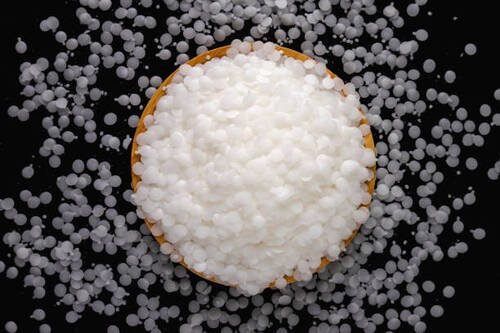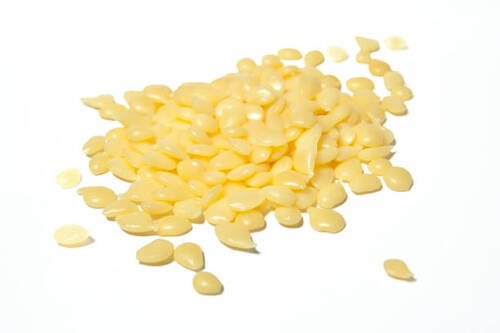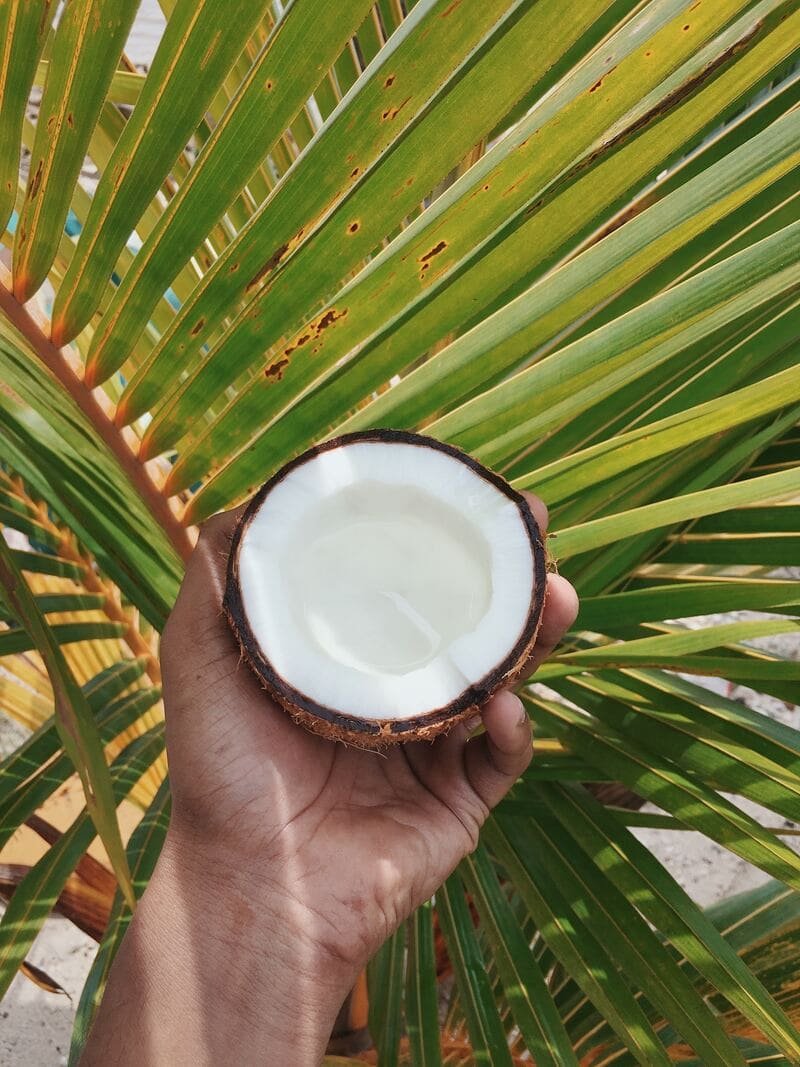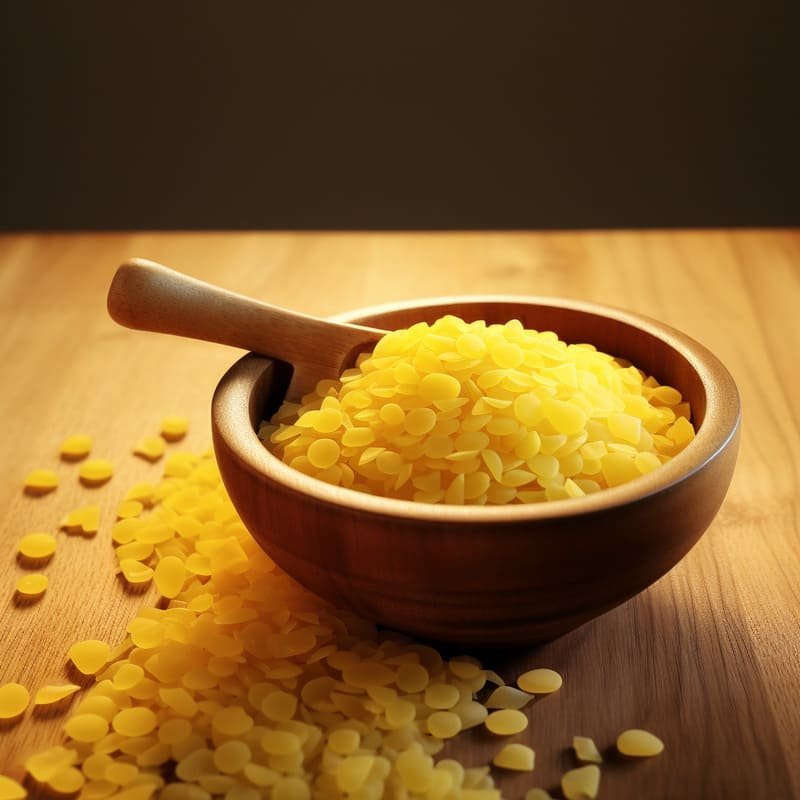Struggling to decide if beeswax is worth the investment for your products? This decision can seem tricky, especially when balancing premium ingredients with profitability. Let’s explore how beeswax affects costs and the value it brings to your offerings.
Beeswax may come with a higher price tag, but its benefits—such as eco-friendliness, quality enhancement, and customer appeal—often outweigh the costs. Its value lies in long-term sustainability and premium market positioning, which can ultimately boost profitability.
Let’s break this down step by step to help you decide.
Why Does Beeswax Have a Higher Cost?
1. How Is Beeswax Produced?
Beeswax is a natural byproduct of honeybees. It requires careful harvesting and processing, which contributes to its premium cost. The labor-intensive production ensures a pure and high-quality product.
Unlike synthetic waxes, beeswax is renewable but not mass-produced, which makes it inherently more expensive. Sourcing it from ethical beekeepers adds to this cost.
2. What Drives the Price of Beeswax?
Market demand plays a key role. Industries like cosmetics, food, and pharmaceuticals increasingly prefer sustainable materials like beeswax. This high demand can sometimes drive prices up.
Moreover, supply chain factors, such as ethical sourcing and transportation, can also increase costs. For brands focusing on sustainability, these factors often justify the price.
What Are the Benefits of Beeswax?
3. How Does Beeswax Add Value to Your Products?
Beeswax offers a range of benefits. It acts as a natural preservative, improves product texture, and enhances performance. In cosmetics, for instance, it provides hydration and a luxurious feel.
Its eco-friendliness is a significant selling point. Consumers today prioritize sustainability, and beeswax helps your brand align with this demand. This can increase your product’s perceived value.
4. Does Beeswax Increase Customer Loyalty?
Using beeswax signals your commitment to quality and the environment. These are key factors for modern consumers. Sustainable materials like beeswax can enhance brand loyalty, driving repeat purchases.
How Does Beeswax Impact Profit Margins?
5. Is Beeswax Worth the Higher Cost?
The initial cost of beeswax may seem high, but its benefits often outweigh this. Premium pricing for eco-friendly products can offset higher material costs.
Moreover, products made with beeswax often last longer or perform better, reducing customer complaints and returns. This adds indirect value to your profit margins.
6. Can Beeswax Help You Stand Out?
Yes! Beeswax allows your brand to cater to niche markets, like eco-conscious or luxury segments. These customers are often willing to pay a premium for sustainable and high-quality products.
Questions You Should Ask
- How does the cost of beeswax compare to synthetic wax alternatives?
- What are the long-term benefits of using beeswax for your brand?
- How does beeswax improve product performance and customer experience?
- What are the sustainability benefits of beeswax over synthetic options?
- Can beeswax help you enter or dominate niche markets?
- How can premium pricing offset beeswax costs in your business model?
More Related Questions
- Why is beeswax a better choice for eco-conscious brands?
- How does beeswax impact your product’s shelf life?
- Can beeswax help reduce customer complaints?
- What are the best industries for beeswax applications?
- How do you calculate the return on investment (ROI) when using beeswax?
Final Thoughts
Using beeswax in your products is an investment in quality, sustainability, and brand loyalty. While the initial costs are higher, the long-term benefits for your reputation and profitability are clear. Choose beeswax, and let your brand lead the way in eco-conscious innovation.





